- Home
- Edith Wharton
The Reef Page 2
The Reef Read online
Page 2
II
"Don't you remember me now--at Mrs. Murrett's?" She threw the question atDarrow across a table of the quiet coffee-room to which, after a vainlyprolonged quest for her trunk, he had suggested taking her for a cup oftea.
In this musty retreat she had removed her dripping hat, hung it on thefender to dry, and stretched herself on tiptoe in front of the roundeagle-crowned mirror, above the mantel vases of dyed immortelles, whileshe ran her fingers comb-wise through her hair. The gesture had acted onDarrow's numb feelings as the glow of the fire acted on his circulation;and when he had asked: "Aren't your feet wet, too?" and, afterfrank inspection of a stout-shod sole, she had answered cheerfully:"No--luckily I had on my new boots," he began to feel that humanintercourse would still be tolerable if it were always as free fromformality.
The removal of his companion's hat, besides provoking this reflection,gave him his first full sight of her face; and this was sofavourable that the name she now pronounced fell on him with a quitedisproportionate shock of dismay.
"Oh, Mrs. Murrett's--was it THERE?"
He remembered her now, of course: remembered her as one of the shadowysidling presences in the background of that awful house in Chelsea, oneof the dumb appendages of the shrieking unescapable Mrs. Murrett, intowhose talons he had fallen in the course of his head-long pursuit ofLady Ulrica Crispin. Oh, the taste of stale follies! How insipid it was,yet how it clung!
"I used to pass you on the stairs," she reminded him.
Yes: he had seen her slip by--he recalled it now--as he dashed up tothe drawing-room in quest of Lady Ulrica. The thought made him steal alonger look. How could such a face have been merged in the Murrettmob? Its fugitive slanting lines, that lent themselves to all manner oftender tilts and foreshortenings, had the freakish grace of some younghead of the Italian comedy. The hair stood up from her forehead in aboyish elf-lock, and its colour matched her auburn eyes flecked withblack, and the little brown spot on her cheek, between the ear that wasmeant to have a rose behind it and the chin that should have rested ona ruff. When she smiled, the left corner of her mouth went up a littlehigher than the right; and her smile began in her eyes and ran down toher lips in two lines of light. He had dashed past that to reach LadyUlrica Crispin!
"But of course you wouldn't remember me," she was saying. "My name isViner--Sophy Viner."
Not remember her? But of course he DID! He was genuinely sure of it now."You're Mrs. Murrett's niece," he declared.
She shook her head. "No; not even that. Only her reader."
"Her reader? Do you mean to say she ever reads?"
Miss Viner enjoyed his wonder. "Dear, no! But I wrote notes, and made upthe visiting-book, and walked the dogs, and saw bores for her."
Darrow groaned. "That must have been rather bad!"
"Yes; but nothing like as bad as being her niece."
"That I can well believe. I'm glad to hear," he added, "that you put itall in the past tense."
She seemed to droop a little at the allusion; then she lifted her chinwith a jerk of defiance. "Yes. All is at an end between us. We've justparted in tears--but not in silence!"
"Just parted? Do you mean to say you've been there all this time?"
"Ever since you used to come there to see Lady Ulrica? Does it seem toyou so awfully long ago?"
The unexpectedness of the thrust--as well as its doubtful taste--chilledhis growing enjoyment of her chatter. He had really been getting tolike her--had recovered, under the candid approval of her eye, hisusual sense of being a personable young man, with all the privilegespertaining to the state, instead of the anonymous rag of humanity hehad felt himself in the crowd on the pier. It annoyed him, at thatparticular moment, to be reminded that naturalness is not alwaysconsonant with taste.
She seemed to guess his thought. "You don't like my saying that you camefor Lady Ulrica?" she asked, leaning over the table to pour herself asecond cup of tea.
He liked her quickness, at any rate. "It's better," he laughed, "thanyour thinking I came for Mrs. Murrett!"
"Oh, we never thought anybody came for Mrs. Murrett! It was always forsomething else: the music, or the cook--when there was a good one--orthe other people; generally ONE of the other people."
"I see."
She was amusing, and that, in his present mood, was more to his purposethan the exact shade of her taste. It was odd, too, to discover suddenlythat the blurred tapestry of Mrs. Murrett's background had all the whilebeen alive and full of eyes. Now, with a pair of them looking into his,he was conscious of a queer reversal of perspective.
"Who were the 'we'? Were you a cloud of witnesses?"
"There were a good many of us." She smiled. "Let me see--who was therein your time? Mrs. Bolt--and Mademoiselle--and Professor Didymus andthe Polish Countess. Don't you remember the Polish Countess? Shecrystal-gazed, and played accompaniments, and Mrs. Murrett chucked herbecause Mrs. Didymus accused her of hypnotizing the Professor. But ofcourse you don't remember. We were all invisible to you; but we couldsee. And we all used to wonder about you----"
Again Darrow felt a redness in the temples. "What about me?"
"Well--whether it was you or she who..."
He winced, but hid his disapproval. It made the time pass to listen toher.
"And what, if one may ask, was your conclusion?"
"Well, Mrs. Bolt and Mademoiselle and the Countess naturally thought itwas SHE; but Professor Didymus and Jimmy Brance--especially Jimmy----"
"Just a moment: who on earth is Jimmy Brance?"
She exclaimed in wonder: "You WERE absorbed--not to remember JimmyBrance! He must have been right about you, after all." She let heramused scrutiny dwell on him. "But how could you? She was false fromhead to foot!"
"False----?" In spite of time and satiety, the male instinct ofownership rose up and repudiated the charge.
Miss Viner caught his look and laughed. "Oh, I only meant externally!You see, she often used to come to my room after tennis, or to touchup in the evenings, when they were going on; and I assure you she tookapart like a puzzle. In fact I used to say to Jimmy--just to make himwild--:'I'll bet you anything you like there's nothing wrong, becauseI know she'd never dare un--'" She broke the word in two, and her quickblush made her face like a shallow-petalled rose shading to the deeperpink of the centre.
The situation was saved, for Darrow, by an abrupt rush of memories, andhe gave way to a mirth which she as frankly echoed. "Of course," shegasped through her laughter, "I only said it to tease Jimmy----"
Her amusement obscurely annoyed him. "Oh, you're all alike!" heexclaimed, moved by an unaccountable sense of disappointment.
She caught him up in a flash--she didn't miss things! "You say thatbecause you think I'm spiteful and envious? Yes--I was envious of LadyUlrica...Oh, not on account of you or Jimmy Brance! Simply becauseshe had almost all the things I've always wanted: clothes and fun andmotors, and admiration and yachting and Paris--why, Paris alone would beenough!--And how do you suppose a girl can see that sort of thing abouther day after day, and never wonder why some women, who don't seem tohave any more right to it, have it all tumbled into their laps, whileothers are writing dinner invitations, and straightening out accounts,and copying visiting lists, and finishing golf-stockings, and matchingribbons, and seeing that the dogs get their sulphur? One looks in one'sglass, after all!"
She launched the closing words at him on a cry that lifted them abovethe petulance of vanity; but his sense of her words was lost in thesurprise of her face. Under the flying clouds of her excitement it wasno longer a shallow flower-cup but a darkening gleaming mirror thatmight give back strange depths of feeling. The girl had stuff in her--hesaw it; and she seemed to catch the perception in his eyes.
"That's the kind of education I got at Mrs. Murrett's--and I never hadany other," she said with a shrug.
"Good Lord--were you there so long?"
"Five years. I stuck it out longer than any of the others." She spoke asthough it were something to
be proud of.
"Well, thank God you're out of it now!"
Again a just perceptible shadow crossed her face. "Yes--I'm out of itnow fast enough."
"And what--if I may ask--are you doing next?"
She brooded a moment behind drooped lids; then, with a touch of hauteur:"I'm going to Paris: to study for the stage."
"The stage?" Darrow stared at her, dismayed. All his confusedcontradictory impressions assumed a new aspect at this announcement; andto hide his surprise he added lightly: "Ah--then you will have Paris,after all!"
"Hardly Lady Ulrica's Paris. It s not likely to be roses, roses all theway."
"It's not, indeed." Real compassion prompted him to continue: "Have youany--any influence you can count on?"
She gave a somewhat flippant little laugh. "None but my own. I've neverhad any other to count on."
He passed over the obvious reply. "But have you any idea how theprofession is over-crowded? I know I'm trite----"
"I've a very clear idea. But I couldn't go on as I was."
"Of course not. But since, as you say, you'd stuck it out longer thanany of the others, couldn't you at least have held on till you were sureof some kind of an opening?"
She made no reply for a moment; then she turned a listless glance to therain-beaten window. "Oughtn't we be starting?" she asked, with a loftyassumption of indifference that might have been Lady Ulrica's.
Darrow, surprised by the change, but accepting her rebuff as a phase ofwhat he guessed to be a confused and tormented mood, rose from his seatand lifted her jacket from the chair-back on which she had hung it todry. As he held it toward her she looked up at him quickly.
"The truth is, we quarrelled," she broke out, "and I left last nightwithout my dinner--and without my salary."
"Ah--" he groaned, with a sharp perception of all the sordid dangersthat might attend such a break with Mrs. Murrett.
"And without a character!" she added, as she slipped her arms into thejacket. "And without a trunk, as it appears--but didn't you say that,before going, there'd be time for another look at the station?"
There was time for another look at the station; but the look againresulted in disappointment, since her trunk was nowhere to be found inthe huge heap disgorged by the newly-arrived London express. The factcaused Miss Viner a moment's perturbation; but she promptly adjustedherself to the necessity of proceeding on her journey, and her decisionconfirmed Darrow's vague resolve to go to Paris instead of retracing hisway to London.
Miss Viner seemed cheered at the prospect of his company, and sustainedby his offer to telegraph to Charing Cross for the missing trunk; andhe left her to wait in the fly while he hastened back to the telegraphoffice. The enquiry despatched, he was turning away from the desk whenanother thought struck him and he went back and indited a message to hisservant in London: "If any letters with French post-mark received sincedeparture forward immediately to Terminus Hotel Gare du Nord Paris."
Then he rejoined Miss Viner, and they drove off through the rain to thepier.

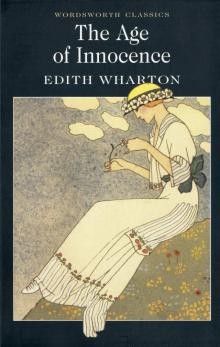 The Age of Innocence
The Age of Innocence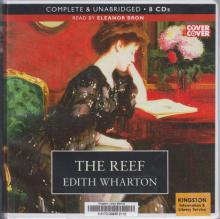 The Reef
The Reef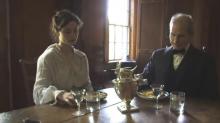 Summer
Summer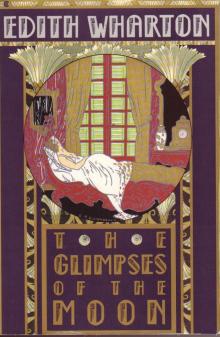 The Glimpses of the Moon
The Glimpses of the Moon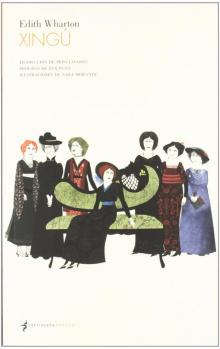 Xingu
Xingu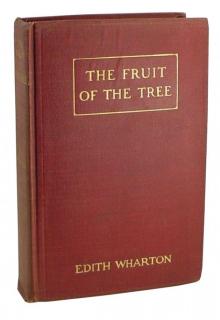 The Fruit of the Tree
The Fruit of the Tree Fast and Loose
Fast and Loose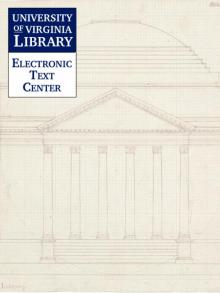 Artemis to Actaeon and Other Verse
Artemis to Actaeon and Other Verse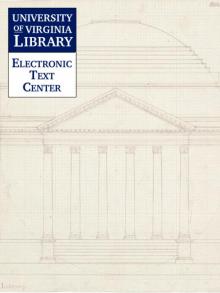 The Line of Least Resistance
The Line of Least Resistance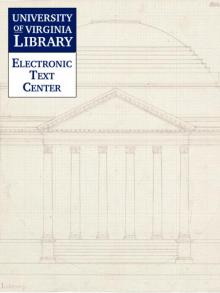 The Lamp of Psyche
The Lamp of Psyche The Reckoning
The Reckoning Afterward
Afterward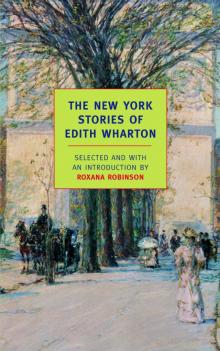 The New York Stories of Edith Wharton
The New York Stories of Edith Wharton The 2014 Halloween Horrors Megapack
The 2014 Halloween Horrors Megapack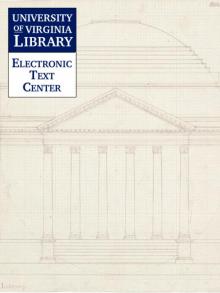 'Copy': A Dialogue
'Copy': A Dialogue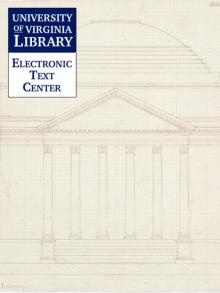 The Recovery
The Recovery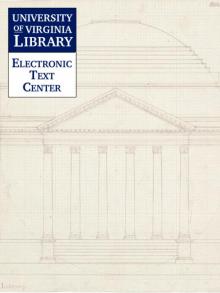 The Fulness of Life
The Fulness of Life Early Short Stories Vol. 1
Early Short Stories Vol. 1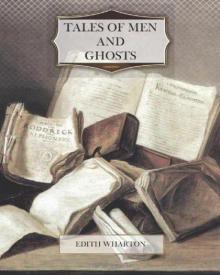 Tales of Men and Ghosts
Tales of Men and Ghosts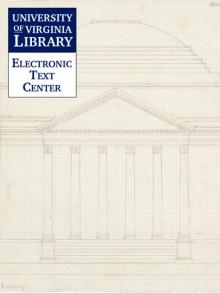 The House of the Dead Hand
The House of the Dead Hand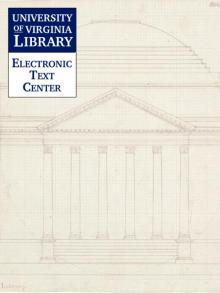 That Good May Come
That Good May Come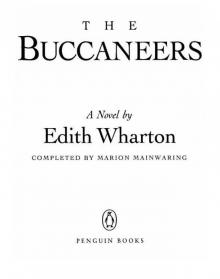 The Buccaneers
The Buccaneers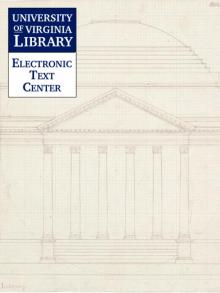 Other Times, Other Manners
Other Times, Other Manners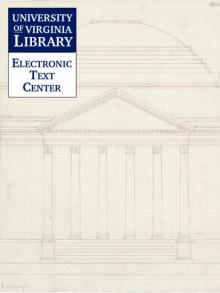 The Hermit and the Wild Woman
The Hermit and the Wild Woman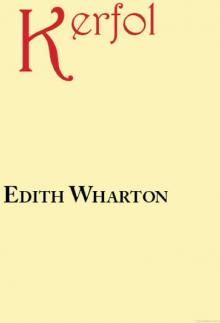 Kerfol
Kerfol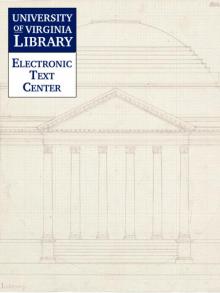 The Duchess at Prayer
The Duchess at Prayer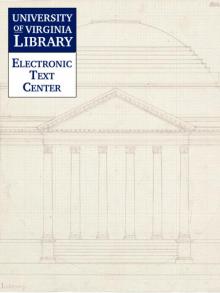 Bunner Sisters
Bunner Sisters The Choice
The Choice Madame De Treymes
Madame De Treymes Ethan Frome, Summer, Bunner Sisters
Ethan Frome, Summer, Bunner Sisters In Morocco
In Morocco The Valley of Decision
The Valley of Decision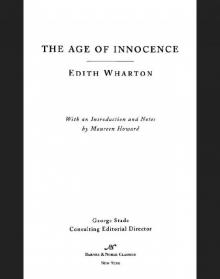 Age of Innocence (Barnes & Noble Classics Series)
Age of Innocence (Barnes & Noble Classics Series)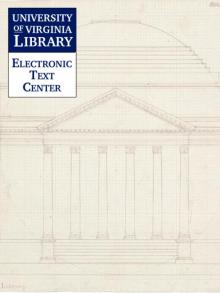 The Angel at the Grave
The Angel at the Grave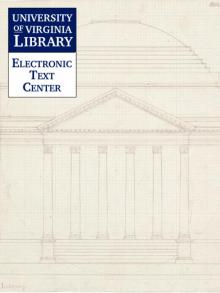 April Showers
April Showers Sanctuary
Sanctuary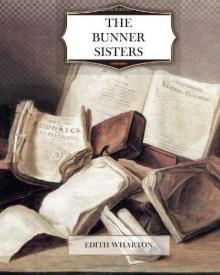 The Bunner Sisters
The Bunner Sisters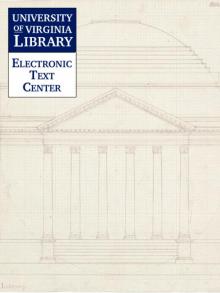 Mrs. Manstey's View
Mrs. Manstey's View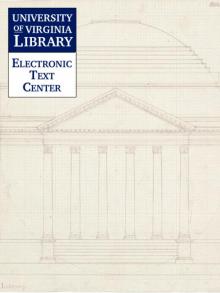 Writing a War Story
Writing a War Story The Custom of the Country
The Custom of the Country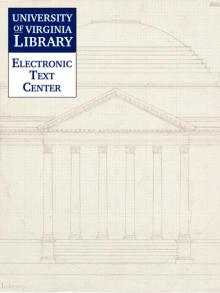 In Trust
In Trust The Triumph of the Night
The Triumph of the Night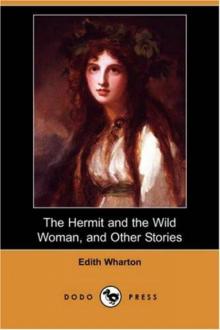 The Hermit and the Wild Woman, and Other Stories
The Hermit and the Wild Woman, and Other Stories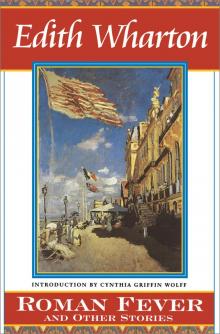 Roman Fever and Other Stories
Roman Fever and Other Stories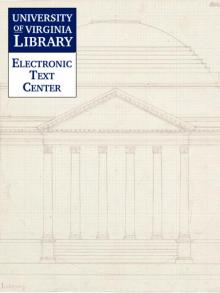 The Mission of Jane
The Mission of Jane The Descent of Man and Other Stories
The Descent of Man and Other Stories Coming Home
Coming Home The Touchstone
The Touchstone Early Short Stories Vol. 2
Early Short Stories Vol. 2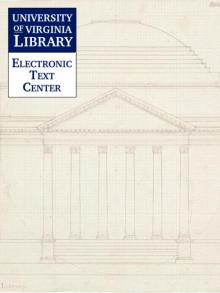 Edith Wharton's Verse, 1879-1919, from various journals.
Edith Wharton's Verse, 1879-1919, from various journals.